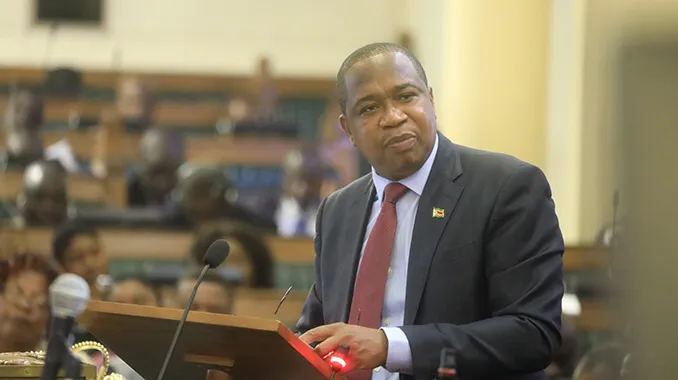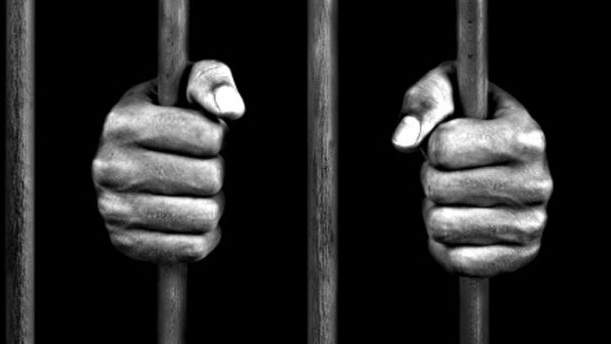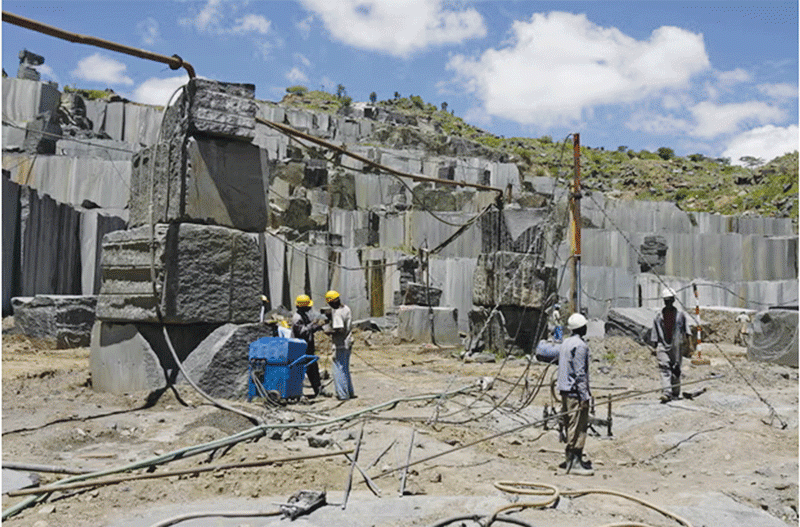
LEGISLATORS have taken Finance and Economic Development minister Mthuli Ncube to task over the galloping inflation and the crumbling local currency, which they say has eroded salaries of government workers.
The parliamentarians’ anger comes as soldiers and police this month received salaries ranging from $25 000 to $68 000, hardly enough to buy a dozen loaves of bread.
Members of the National Assembly have for the past few weeks been demanding a ministerial statement from Ncube, who is said to be focusing on his political campaigns in Bulawayo’s Cowdray Park constituency, where he hopes to land a ticket to Parliament.
This week, the legislators called for the suspension of parliamentary sessions until the minister addressed the issue of civil servants’ salaries and price increases.
In his submissions in the National Assembly on Tuesday, Kuwadzana East legislator Chalton Hwende (Citizens Coalition for Change) said it was not the first time they had asked Ncube to address Parliament over the issue.
“Last week, we appealed for Ncube to come here and speak about the issue of civil servants salaries and increases of prices in shops,” Hwende said.
“You asked that we show how salaries are pegged. When we talked last week, people had not yet started receiving their salaries.
“(On Monday) soldiers and police officers started getting their money and some are still receiving it now.”
- City construction slows down
- Chamisa’s US$120k jackpot jolts govt
- Budget dampens workers’ hopes
- Govt issues $24 billion Covid-19 guarantees
Keep Reading
He said police officers and soldiers were receiving salaries they got in May when the exchange rate was US$1:$900.
“The rate has increased,” Hwende charged. “Many of them are affected by Nyaradzo (Funeral Services), which charges its rates in US dollars.
“If they are paying US$20, it means that this month they will pay US$20 times $5 000 or R6 000 interbank rate and they lose all the money.”
Hwende also presented a copy of a payslip showing that a sergeant in the army received $68 992 last month.
“This money, at OK Kuwadzana, only buys one full chicken and 1kg of meat and this is the money they are expected to survive on for the whole month,” the CCC MP said.
“I met a police officer from Kuwadzana 3, he was paid $62 115 and that is his money. The other one was paid $25 549 and that is his money and we brought these payslips so that you see as per your request last week.”
He said Ncube was now spending a lot of time in Cowdray Park and failing to attend Parliament to address issues around poor salaries and galloping prices.
“Last week, the Speaker (Jacob Mudenda) promised that Ncube will be called here to respond to these questions and today, we request that business of this Parliament be suspended until Ncube comes to address these issues,” Hwende demanded.
However, Deputy Speaker Tsitsi Gezi demanded to see if the copies of the payslips were real.
“What I wanted to say is we have given you a chance,” Gezi said.
“You once raised that issue. When you bring issues to this House, you bring authentic documents.
“This is just a message that was sent through the phone. I can easily write out such a message and send it to you.
“Bring authentic evidence when you come here and not these papers that you have brought to us.”
Undeterred, Hwende rose again on a point of national interest and demanded that Ncube should urgently attend to the economic crisis.
“I rise over an issue that we deliberated on last week and there was a ruling.
“We appealed that the Minister of Finance and Economic Development, Mthuli Ncube should come and explain the salaries of civil servants and the price increases that we see in the shops.
“He is busy in Cowdray Park, instead of coming here to answer questions.”
“I want to move an order that we suspend the business of the day until the minister appears before this House,” Hwende insisted.
Last week on Tuesday, Mudenda said the minister would give a state of the economy address.
Kambuzuma legislator Willias Madzimure (CCC) said: “We have the privilege of requesting the Executive to come and respond to issues of national interest.”
He said it was the third week since Ncube was tasked to make a ministerial statement in the National Assembly.
“The procedure of Parliament is this, when you ask for a ministerial statement, when the minister comes here, he asks for permission to present a ministerial statement,” Madzimure said.
“I was here last week and Ncube did not do that. If you do not do that, it means you are nowhere in a position to respond.”
Norton legislator Temba Mliswa (Independent) also demanded the summoning of Ncube to Parliament to explain how he paid unbudgeted US$400 000 to each of the country’s judges.
He said the information vacuum surrounding the controversial windfall portrayed a bunch of looters out of the current Zimbabwe administration.
The judges, who are widely expected to play a big part in determining election-related disputes in the next few months, were awarded the unsolicited fortune by the Emmerson Mnangagwa-led government as housing loans.
Reports said the jurists were neither required to sign loan agreement forms nor was there any attempt to verify if they afford to repay.
The princely bonus awarded to the bench follows similar payments of US$350 000 awarded to Central Intelligence Organisation directors, US$500 000 given to Cabinet ministers, their deputies (US$350 000) and US$40 000 to MPs.
“Where and how did the US$400 000 come about? The US$350 000 for the Executive, was it in the blue book? I can stand and say the one for MPs was in the blue book.
“People now believe that we are on a plundering exercise. So, it is important for the Minister of Finance to come to this House and explain where the US$400 000 came from; the US$350 000 and even our US$40 000 so that these institutions maintain their integrity and dignity,” Mliswa said.
Zimbabwe’s economy has been spiralling south fast as prices of goods and services are rising beyond the reach of the majority of public and private sector workers, whose local currency salaries have largely remained stagnant.










